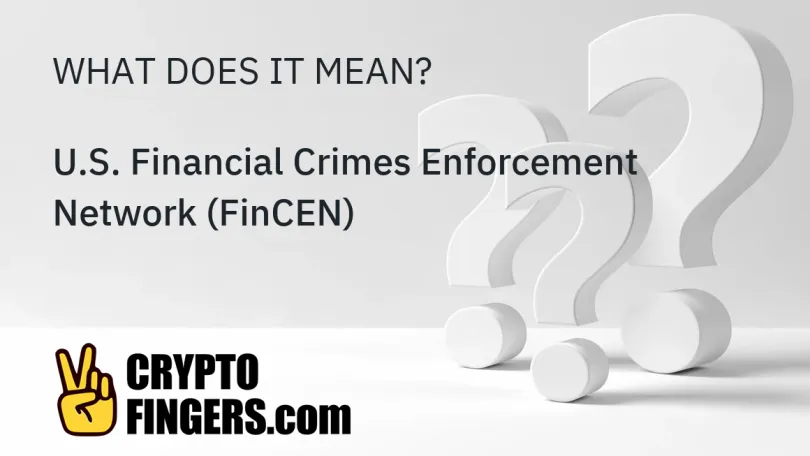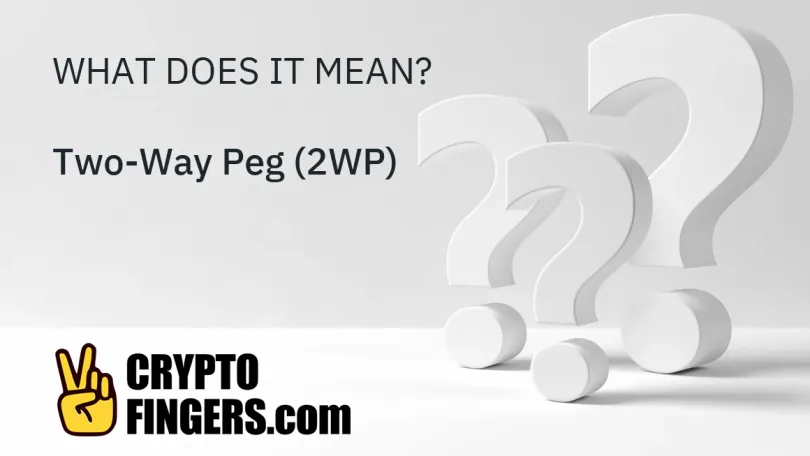⁝⁝⁝
Publications
The Financial Crimes Enforcement Network (FinCEN) is a division of the U.S. Department of the Treasury that is tasked with gathering and assessing information about financial transactions..
TypeScript is a programming language that is a syntactical version of JavaScript that adds optional static typing to the language. TypeScript is maintained and designed by Microsoft and is..
Type checking is the process of verifying the integrity and accuracy of computer code using different programming languages. Type checking is used to audit sequences of informatic code and..
A two-way peg (2WP) is a mechanism attached or built into a blockchain protocol that can facilitate the transfer of tokens and other data from a mainchain to an independent blockchain..
Two-factor authentication (2FA) is an extra layer of security for user accounts. In its most common form, 2FA requires a user to further verify identity after entering the account password..
A turnkey is a product or service that can be sold to any applicable buyer as a complete, ready-for-use product without the need for user customization. Turnkey solutions therefore differ..
Turing complete is defined as a system of data-manipulation rules, such as a computer's programming language or instruction set, that is computationally universal. All computer programming..
Cryptocurrency tumblers (also known as mixers) provide a custodial mixing service where a user deposits cryptocurrency to be mixed for privacy reasons. Although coin mixing doesn't guarantee..
When a system is trustless within a peer-to-peer (P2P) blockchain network, it means that all participants in the network do not need to know or rely upon verification from one another..
A Trusted Execution Environment (TEE) is an isolated environment within a device's main processor that allows for the secure and private execution of code without the risk of interference..
⁝⁝⁝
Trending news
- Artificial Intelligence (AI)
- Altcoins
- Bitcoin
- DeFi
- Ethereum
- Economy
- Market and Events
- Metaverse
- Mining
- NFT
- Regulation
- Web3
- show less



























